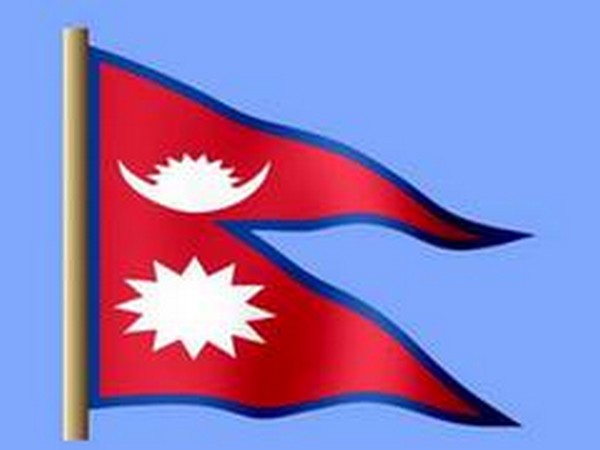Experts claim Deputy PM's position has become 'bargaining chip' in Nepal's politics, adds to state liability: Report
The experts have said that the deputy prime ministerial position has become a 'bargaining chip' and adds more liability to the state.

- Country:
- Nepal
Experts have said that the trend of appointing multiple deputy prime ministers shows how Nepali politics has degenerated into merely 'a number's game', devoid of values and principles that should govern political parties, The Kathmandu Post reported. The experts have said that the deputy prime ministerial position has become a 'bargaining chip' and adds more liability to the state. The statement of experts comes after Nepali Prime Minister Pushpa Kamal Dahal on Tuesday expanded his cabinet and added one more deputy prime minister Rajendra Lingden from the Rastriya Prajatantra Party. This takes the number of deputy prime ministers in the Dahal-led government to four. In addition to deputy prime ministership, Lingden holds the Energy, Water Resources and Irrigation portfolio. On December 26, Pushpa Kamal Dahal took the oath of office along with three deputy prime ministers. The appointed deputy prime ministers are one each from the CPN-UML, the CPN (Maoist Centre) and the Rastriya Swatantra Party. Nepal's Minister for Finance Bishnu Paudel, Minister for Physical Infrastructure and Transport Narayan Kaji Shrestha, and Minister for Home Affairs Rabi Lamichhane are other three deputy prime ministers in the Pushpa Kamal Dahal-led government, as per The Kathmandu Post report.
Kashi Raj Dahal, an expert on administration who was formerly the chairperson of the Administrative Court, said that the practice of appointing multiple deputy prime ministers will continue when numbers count more in politics in comparison to values and principles, as per The Kathmandu Post report. "It is almost impossible for a single party to get a majority through the electoral system we have adopted, so the deputy prime minister's position will continue to become a bargaining tool," The Kathmandu Post quoted Kashi Raj Dahal as saying.
"Having many deputy prime ministers contradicts the government's commitment to ensuring effective administration. This malpractice will not end unless the parties have a strong commitment against it," Dahal added. Gopinath Mainali, a former secretary, said that successive governments took the position of deputy prime minister as nothing more than a tool to 'adjust' cross-party leaders after Madhav Kumar Nepal became Deputy Prime Minister in 1994. He stated the deputy prime minister's position should not be used as a tool for political management, as per the news report. "There must be clear reasons for having them," The Kathmandu Post quoted Gopinath Mainali as saying.
"There might be a need for one deputy prime minister for coordination in the prime minister's absence. We definitely don't need more," he added. As per The Kathmandu Post report, a deputy prime minister gets better pay and perks than ministerial posts. deputy prime ministers also get 14 security personnel to guard them while ministers get eight. The deputy prime ministers continue to get two security personnel for two years post heir retirement. However, ministers do not get this perk. (ANI)
(This story has not been edited by Devdiscourse staff and is auto-generated from a syndicated feed.)










